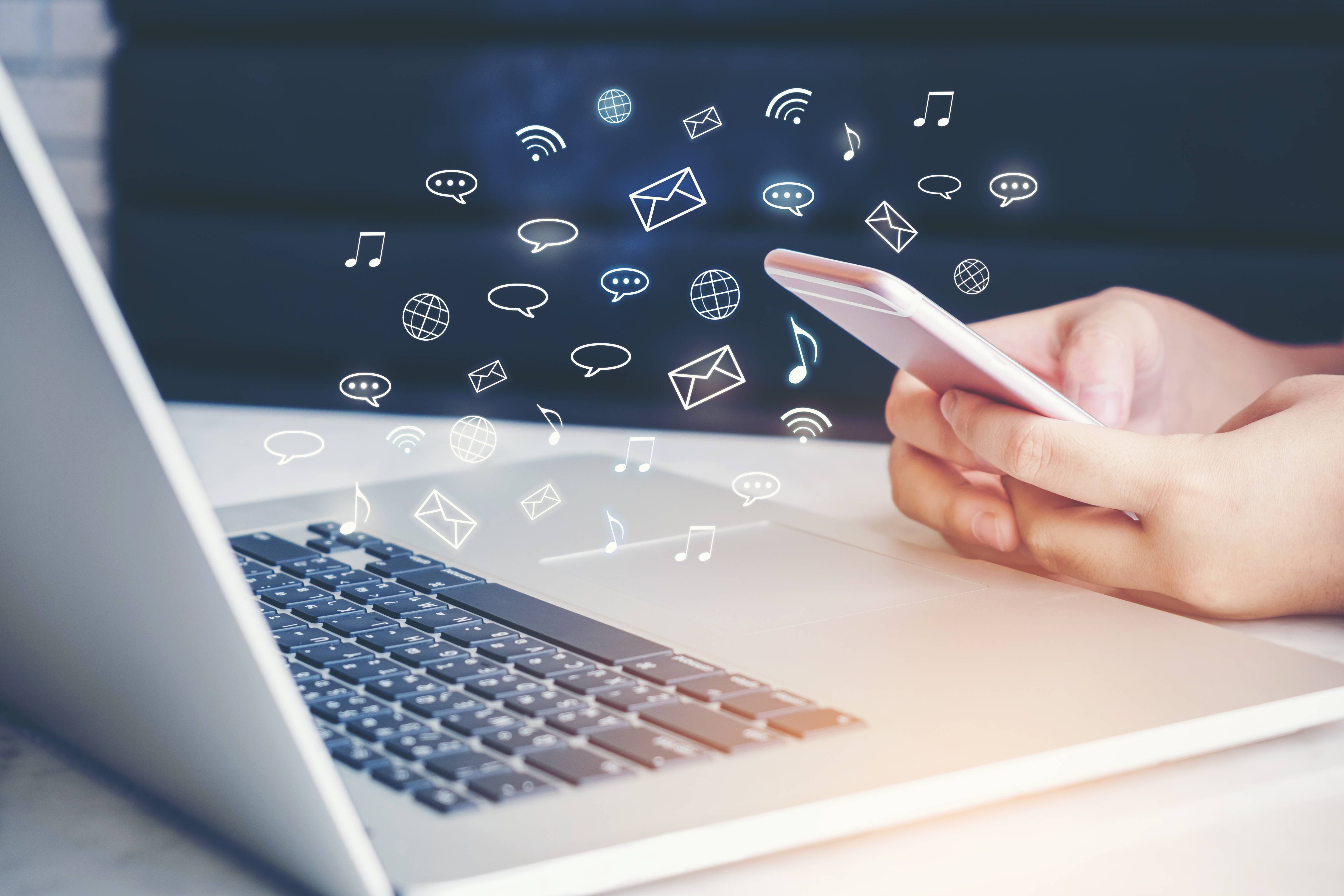The rapid advancement of media and technology has dramatically impacted mental health in both positive and negative ways. On one hand, social media platforms and digital technologies have created new spaces for connection and self-expression, offering people the chance to share their experiences, seek support, and access mental health resources more easily. For example, online communities, mental health apps, and teletherapy have made professional help more accessible to people who might otherwise struggle to find care. Additionally, the democratization of information through blogs, podcasts, and videos has helped raise awareness and reduce the stigma surrounding mental health issues.
However, there are significant concerns about the negative effects of media and technology on mental well-being. Social media, in particular, has been linked to increased feelings of anxiety, depression, and loneliness, as users often compare themselves to curated and filtered versions of others’ lives. The constant barrage of notifications, likes, and shares can also create addictive patterns of behavior, leading to heightened stress and difficulty disconnecting from digital spaces. Moreover, the spread of misinformation and online harassment can exacerbate mental health challenges, particularly for vulnerable populations.
